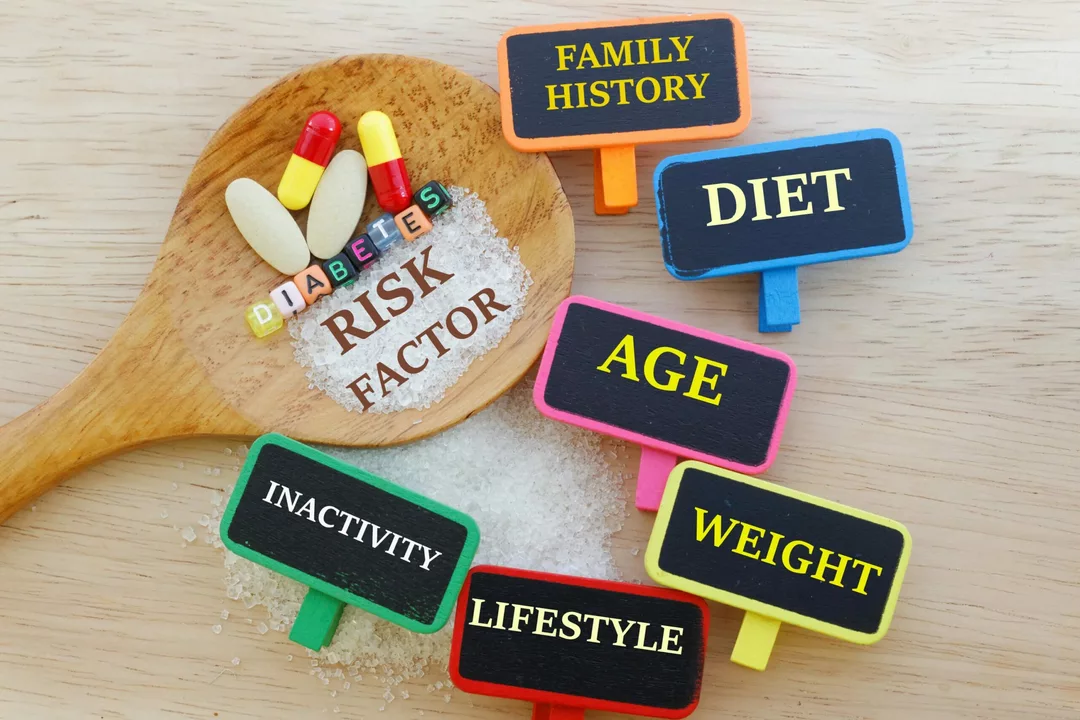Genetics: How Your Genes Shape Your Health and Medication Response
Want to know why one drug works for your friend but not for you? Your genes are often the missing piece. Genetics affects how your body processes medicines, how likely you are to get side effects, and even what health risks you might face. This page collects practical info so you can use genetic insights without getting lost in jargon.
Why genetics matters for your meds
Some genes make enzymes that break down drugs. If those enzymes are slow, a normal dose can build up and cause side effects. If enzymes are super-fast, a drug might clear out before it helps. Common examples you may have heard about: warfarin (blood thinner) and CYP2C9/VKORC1 genes, codeine and CYP2D6, or certain antidepressants and CYP2D6/CYP2C19. There’s growing guidance from groups like CPIC and the FDA on how to adjust doses based on test results.
Genetics isn’t magic, though. Tests won’t predict everything. They help reduce guesswork for some meds, but doctors still need to consider age, liver and kidney function, other drugs, and symptoms. Think of a genetic test as one useful tool in a bigger toolbox.
What you can do next
Start with a simple plan. First, ask your doctor or pharmacist if pharmacogenomic testing could help—especially if you’ve had bad side effects or several failed drug trials. If you decide to test, use accredited labs and ask for a report that links your results to clear drug guidance. Bring that report to every prescriber; it’s most useful when it travels with your medical history.
When buying meds online, be careful. If a genetic test suggests a different dose or a different drug, don’t just order a substitute from an unverified seller. Talk to a licensed clinician who can write a correct prescription. Sites that sell prescription meds without checking prescriptions are a red flag—your genetics won’t protect you from counterfeit or unsafe products.
Practical tips you can act on today: 1) Keep a copy of any genetic test result in your phone or medical record. 2) Ask providers to note gene-based dose changes in your chart. 3) Use credible sources—like clinical guideline sites or your pharmacist—when decoding test results. 4) Be extra cautious with online pharmacies: choose ones that require a valid prescription and show clear contact information.
Genetics can make treatment safer and faster, but it works best when paired with smart care: honest talk with your clinician, reliable testing, and careful medication choices. If you want specific pages on tests, drugs affected by genes, or how to safely buy meds online when genetics matter, check the linked posts on this tag or ask a pharmacist for a quick consult.

